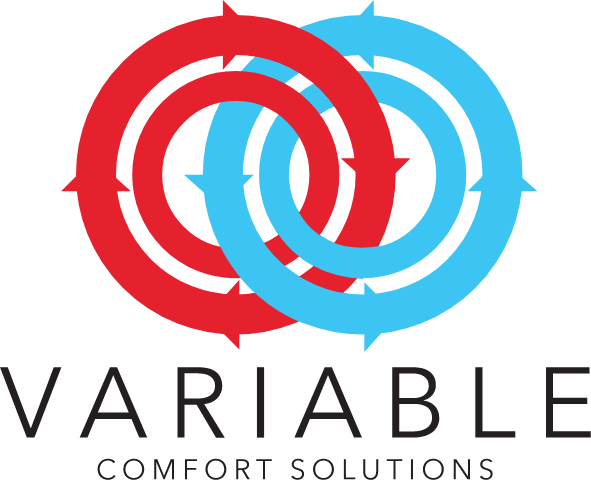Electric heating has been a popular home comfort method for decades, providing efficient and reliable warmth for spaces of all sizes. Recently, however, heat pumps have become an increasingly attractive option for many homeowners. But how do these two heating methods compare in terms of cost? Let’s take a look at the facts.
How Each Type of System Works
Electric heating systems use electricity to generate heat. This can be done through a furnace, baseboard heaters, or wall-mounted electric radiators. The heat is then distributed throughout the home via a system of ducts and vents.
Heat pumps, on the other hand, don’t generate new heat but instead transfer existing heat from one place to another. The most common type of heat pump is an air-source model that extracts heat from the outside air and transfers it into your home. This process may seem counterintuitive during the winter months, but thanks to modern technology, heat pumps are able to extract heat from the air even when temperatures are low. Ground-source (or geothermal) heat pumps are also available in many areas and work by extracting natural heat from the ground.
Operation Costs
The cost of electric heating is usually fairly straightforward — you pay for the electricity you use to generate heat for your home. However, this cost can add up quickly as the system needs to constantly create new heat to keep up with your home’s temperature needs. This can make electric heating one of the more expensive indoor comfort options.
Because heat pumps rely on existing heat sources, they tend to be more efficient than electric systems. While they do use some electricity to power the moving parts, this energy is used to transfer the heat rather than create it. This means that heat pumps require less energy to operate for the same heating effect as electric heating systems.
And although heat pumps — particularly air-source models — may use more energy when temperatures drop below freezing, the same applies to electric systems as well, so heat pumps can still be more cost-effective in the long run. Ground-source systems, meanwhile, are even more efficient since the temperature of the ground remains relatively consistent throughout the year.
Installation Costs
While the ongoing operation costs are typically lower with heat pumps, this is only a fraction of the full cost of the system over its lifespan. The installation of a new heat pump system is often significantly more expensive than electric heating.
Air-source heat pump systems require special equipment to be installed outside of the home, while ground-source systems models require extensive piping to access the underground heat source. This translates not only to higher equipment costs but higher labor costs as well due to the complexity of the installation process.
However, unlike electric heating, many heat pump systems are eligible for federal and state energy tax credits as well as other incentives, such as rebates. This can help offset the initial cost of installation and make it more affordable. In some cases, these incentives can actually make the overall cost of having a heat pump system installed cheaper than electric heating.
Maintenance Costs
The cost of maintaining a heating system is something that should be taken into consideration when weighing the options between electric heat and heat pumps. Both types of systems require annual maintenance to keep them running efficiently and safely, and the cost of this can vary depending on the system.
Electric systems typically require fewer repairs than heat pumps, since they are simpler in design and have fewer moving parts that can break down. This means that the cost of maintaining an electric heating system — as well as any related repair costs — is often a bit lower than that of a heat pump system.
Furthermore, heat pumps tend to have a shorter lifespan than electric systems, meaning you may need to replace your system sooner and incur the cost of installation again.
Final Considerations
At the end of the day, whether a heat pump or electric heating system is more cost-effective for your home largely depends on your particular situation. Factors such as location, climate, and local incentives all play an important role in determining which option would be most beneficial for you financially.
When you turn to Variable Comfort Solutions for help with your home comfort needs, our experienced technicians can evaluate your home and provide you with an honest assessment of which system is the best fit for you. And no matter which system you choose, we guarantee our quality workmanship and top-notch customer service. Contact us today to learn more about our electric heating, heat pump, air conditioning, and indoor air quality services in Huntington, WV.


